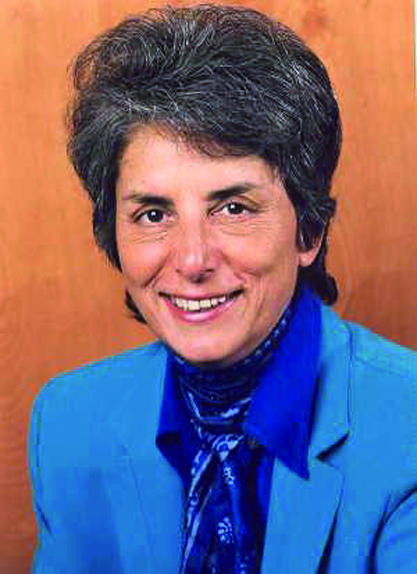I find it hard to look back and capture what initially inspired me to take up medicine, but I think that my aspirations are still the same. Medicine is a “way of life” and combines that rather nebulous feeling of wanting to help and care with the more exact principles of science and logical thought. After all these years as a doctor, I still want to get out of bed and go to work in the mornings. Despite all the cutbacks, targets, organisational problems, and increasing workload in the National Health Service, the patients are still there. Doctors are at the top of the list of professions that the public thinks are worthy of “respect” and also are “most likely to tell the truth,” and this makes me feel privileged to be a doctor. There is no place for arrogance or self satisfaction—the days of Sir Lancelot Spratt are hopefully far gone.
Clinical medicine still holds many challenges. Although many clinical problems are easily diagnosed I still relish a diagnostic conundrum that calls on all my faculties and training to tease it out. Like a Conan Doyle detective story, there is much satisfaction in getting it right and, of course, much frustration in not. I have worked in the east and north ends of London for most of my career, and I have been fortunate to treat people from different ethnic groups with different cultures, beliefs, and diseases. This has been a humbling experience but also educational and fascinating. Not only do I see diseases from all around the world, but I see how the expression of these diseases and the anxieties they generate vary in different ethnic groups.
Medicine offers a huge variety of choices—clinical work, research, teaching, training, and management—to name but a few. I have always found that combining clinical work with these other disciplines helps keep me sane.
Sir Anthony Dawson at Bart's hospital inspired my choice of gastroenterology as a specialty, and the Dawson and Clark team attracted many a young aspiring researcher. My major research interest has been coeliac disease, and I have enjoyed being part of an international fellowship researching into this condition. I did my research postgraduate degree under the supervision and mentorship of Michael Clark, who later became my coeditor and coauthor.
So why Clinical Medicine? The need for Kumar and Clark's Clinical Medicine was inspired by the desperately boring textbooks I read when I was a medical student. They were devoid of pictures and algorithms and consisted of page after page of verbose, ambiguous, and unstructured text. Michael Clark and I wanted to make learning more approachable, interesting, and above all fun. This book changed the face of medical publishing and made pictures, colour, and bullet points more acceptable in a “serious” book for professionals. Mike and I are grateful, but humbled, by its enormous success, as it brings with it the responsibility of keeping it (and ourselves) up to date. It was written and edited during holidays, evenings, and weekends (valuable time snatched from our long suffering but supporting families) and is constantly at the back of our minds. Our hardworking authors, colleagues, students, and young doctors provide continuing support and help and, of course, our readers provide extremely valuable advice and criticism.
Medicine is currently undergoing many changes. The medical curriculum has changed almost beyond recognition since I was a student. More emphasis is placed on communication and clinical skills, but I am saddened that the basic sciences have almost been forgotten. Students are still trying to learn the 10 causes of, for example, clubbing, when they should really be asking questions about the mechanisms. An understanding of the basic sciences would be much more helpful for elucidating a diagnosis than memorising long lists. The practice of medicine has also changed with advances in technology and the discovery of the actual cause of a disease at a molecular level. All very exciting for an enquiring mind, but we need to change our practice to accommodate these modern changes.
So, medicine is still for me. The greatest joy is that simple “thank you” as the patient walks out of the door. Isn't it great?
Biography
Parveen Kumar is professor of clinical medical education at Bart's and the London School of Medicine and Dentistry, Queen Mary College, University of London and honorary consultant physician and gastroenterologist at Bart's and the London NHS Trust and the Homerton University Foundation Hospital NHS Trust. After qualifying from Bart's, she trained as a gastroenterologist and completed an MD in coeliac disease, which remains her chief research interest. She started the United Kingdom's first MSc course in gastroenterology, and together with Michael Clark she edits Clinical Medicine, a textbook for students and doctors. She was the academic vice president and senior censor of the Royal College of Physicians from 2003 to 2005 and previously its director of continuing professional development from 1999 to 2004. She chaired the Medicines Commission UK from 2002 to 2005, and she has served on the boards of the National Institute for Health and Clinical Evidence and Bart's and the London NHS Trust. She is currently president of the British Medical Association.

Parveeen Kumar


